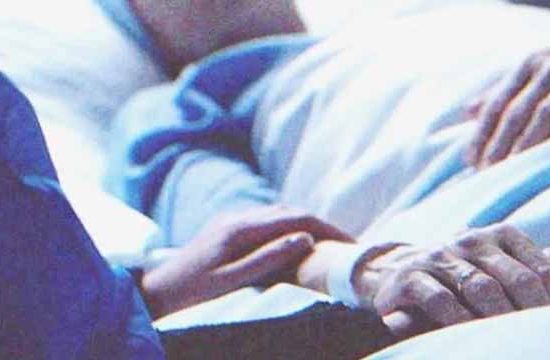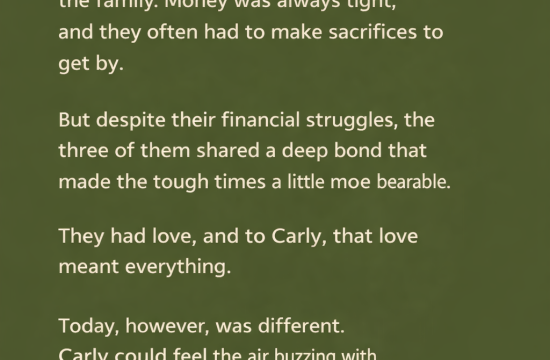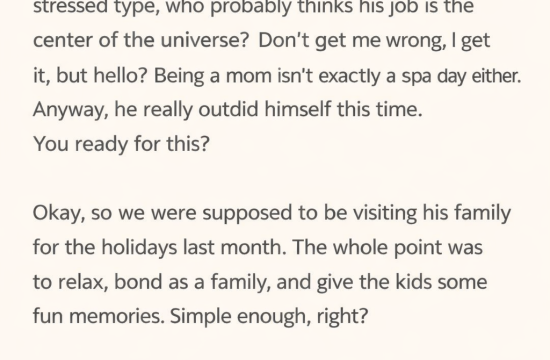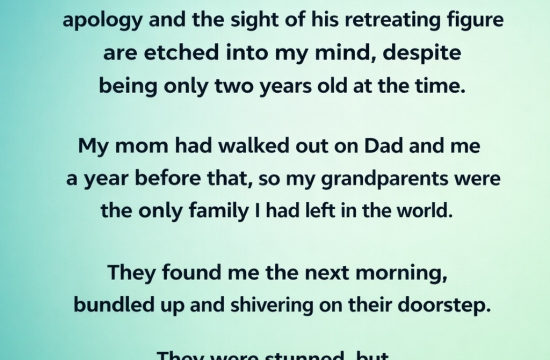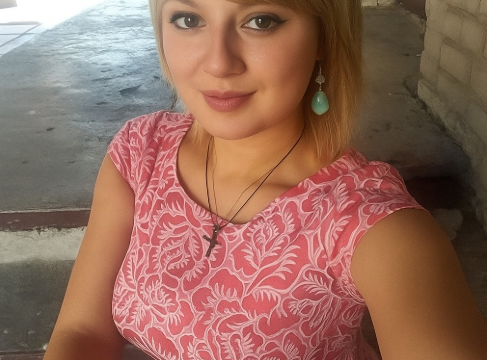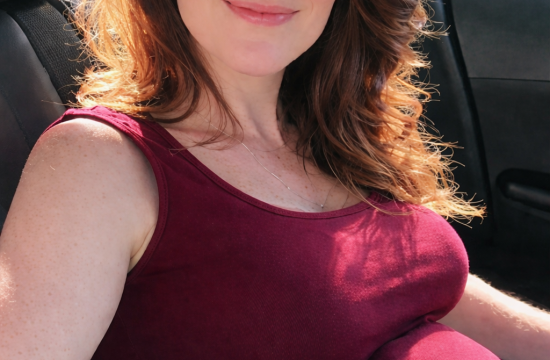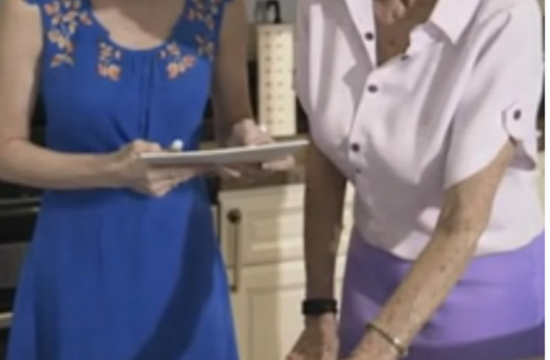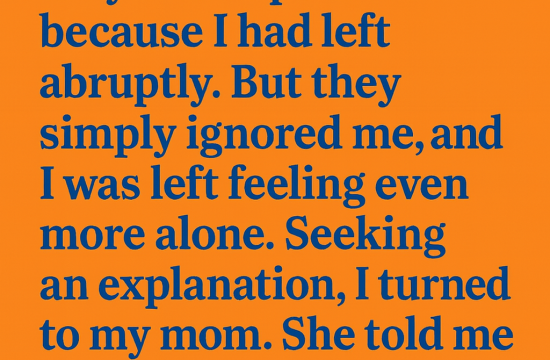PART ONE
My daughter’s seventh birthday was supposed to be filled with joy—balloons, cake, and the sound of children laughing. But what began as a celebration slowly turned into a day none of us would forget.
I’m Marilyn, and my husband Bruce and I had planned everything with care. We decorated the backyard with streamers and sunshine-colored balloons. The cake was pink, Joyce’s favorite, crowned with seven striped candles. Friends and family arrived, arms full of gifts, ready to celebrate our sweet girl.
But from the start, something felt… off. Joyce wasn’t herself. Normally full of light and curiosity, she was quiet that day, clinging to me more than usual. I brushed it off as birthday nerves.
She wore her sparkly princess dress—the one she’d picked out weeks ago—but her smile never quite reached her eyes. I knelt beside her at one point, brushing a strand of hair behind her ear.
“Are you okay, sweetheart?” I whispered.
She gave me a little shrug. “I guess.”
Bruce tried to cheer her up with a game of tag, and while she joined in, her laughter was half-hearted. Even the presents didn’t lift her spirits. Each gift was met with polite thank-yous, but not the excitement we expected.
Trying to lift the mood, I called everyone over for cake. The children gathered, voices raised in song as Joyce sat quietly before the flickering candles. For the first time that day, she smiled—a soft, hopeful one—as the final words of “Happy Birthday” faded.
“Make a good wish,” I told her gently.
She closed her eyes and blew out the candles.
Then, before the cheers could begin, she said clearly, “I wish Dad never leaves me for his new baby.”
The yard fell into stunned silence. My heart stopped. Bruce stood frozen beside me, the color draining from his face. Joyce reached into her pocket and pulled out a small item.
“I found this in Dad’s briefcase,” she said, holding up a pink pacifier tied with a ribbon. A note was attached: You’ll become a dad soon.
I took it from her slowly, trying to steady my hands. My eyes locked onto Bruce’s, silently pleading for clarity. But he looked away, the guilt already written across his face.
“What is this?” I asked quietly.
He opened his mouth, then closed it again, as if the words had vanished from his throat. “It’s not what it looks like,” he muttered.
Tears filled Joyce’s eyes as she clutched the edge of my dress. “I wished it, Mommy. So Daddy has to stay. That’s how birthday wishes work.”
I knelt and pulled her close, kissing the top of her head.
“It’s going to be okay,” I whispered, though my own voice trembled. “Daddy’s not leaving. We’re going to talk, and everything will make sense.”
As my mother gently led Joyce inside to calm her, Bruce and I quietly stepped away. We needed to talk—not as husband and wife, but as two parents with a daughter whose heart needed protecting.


